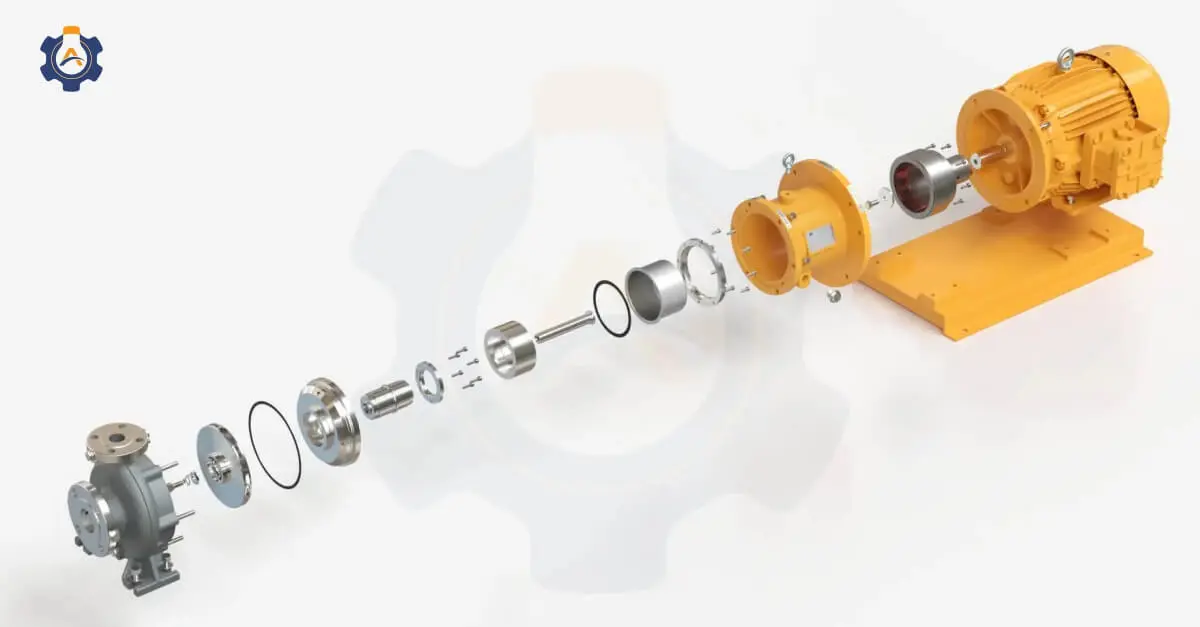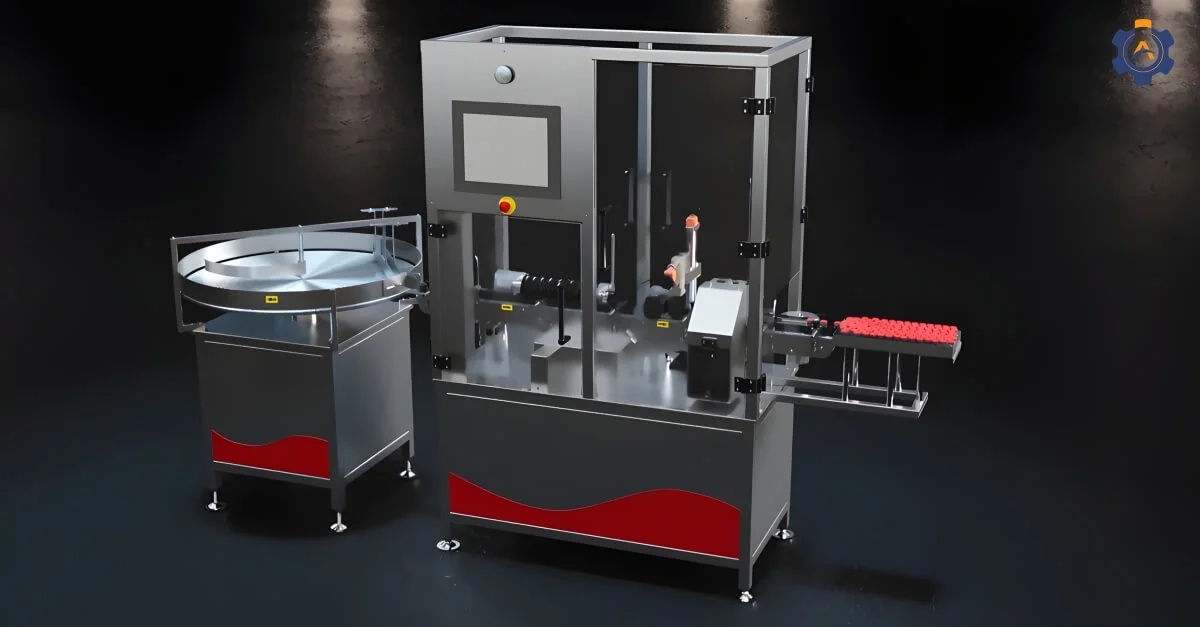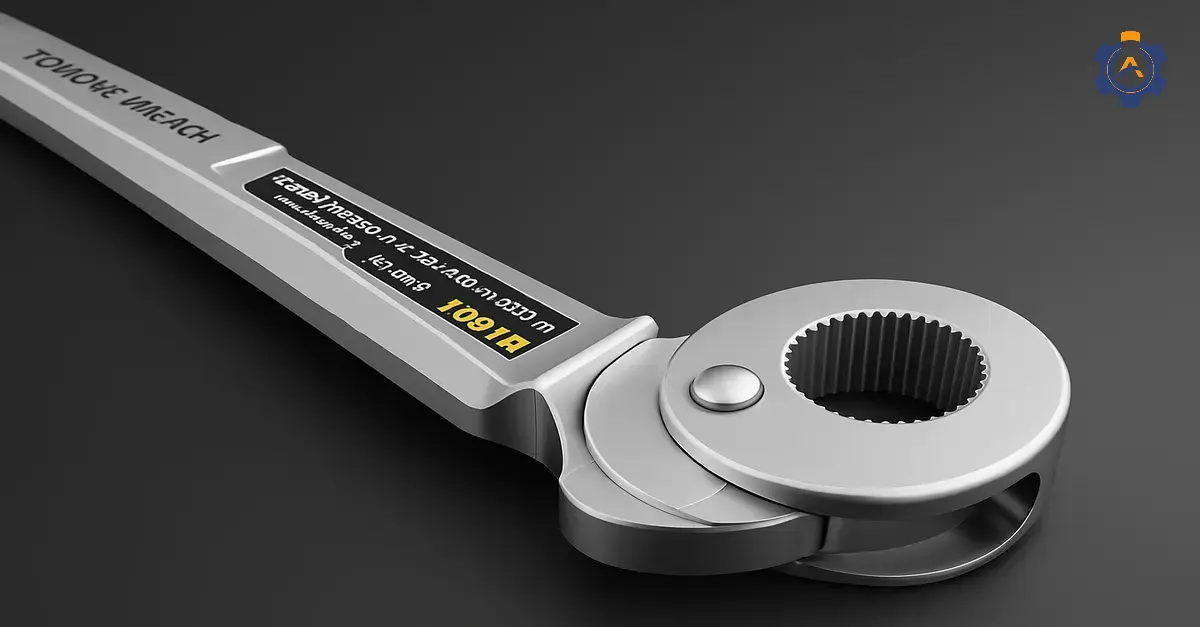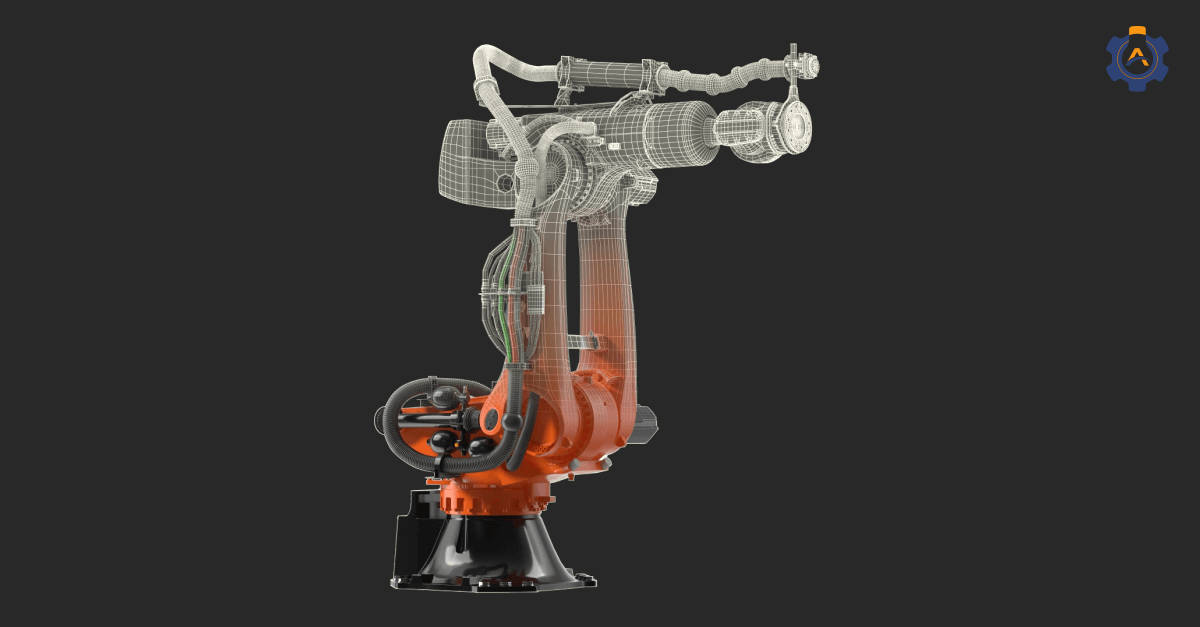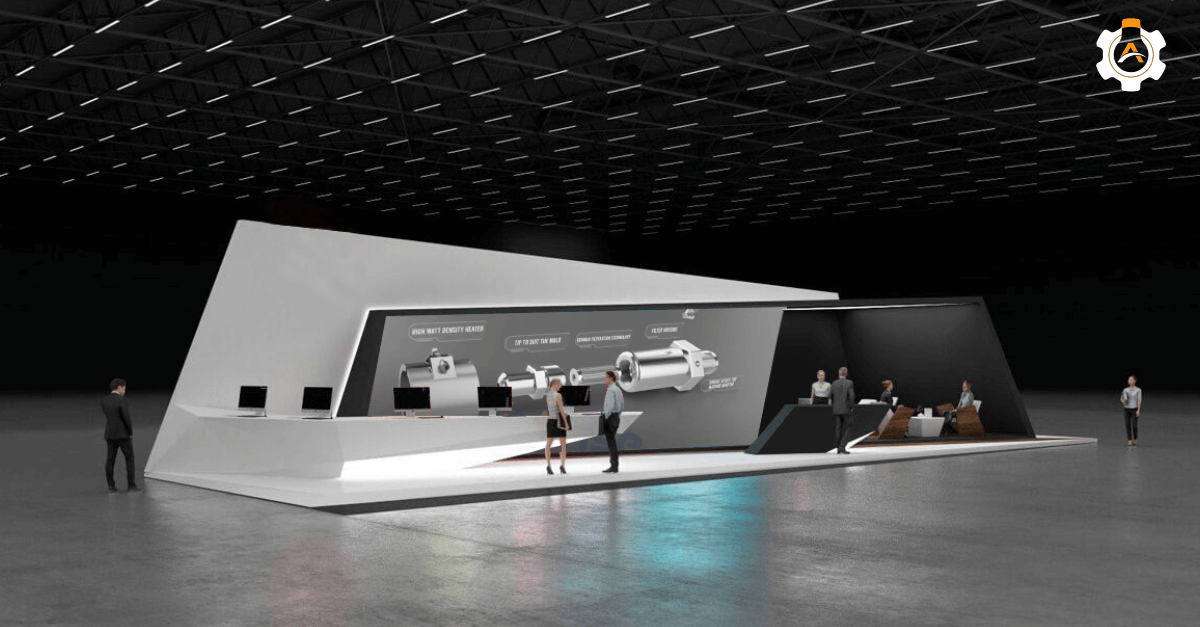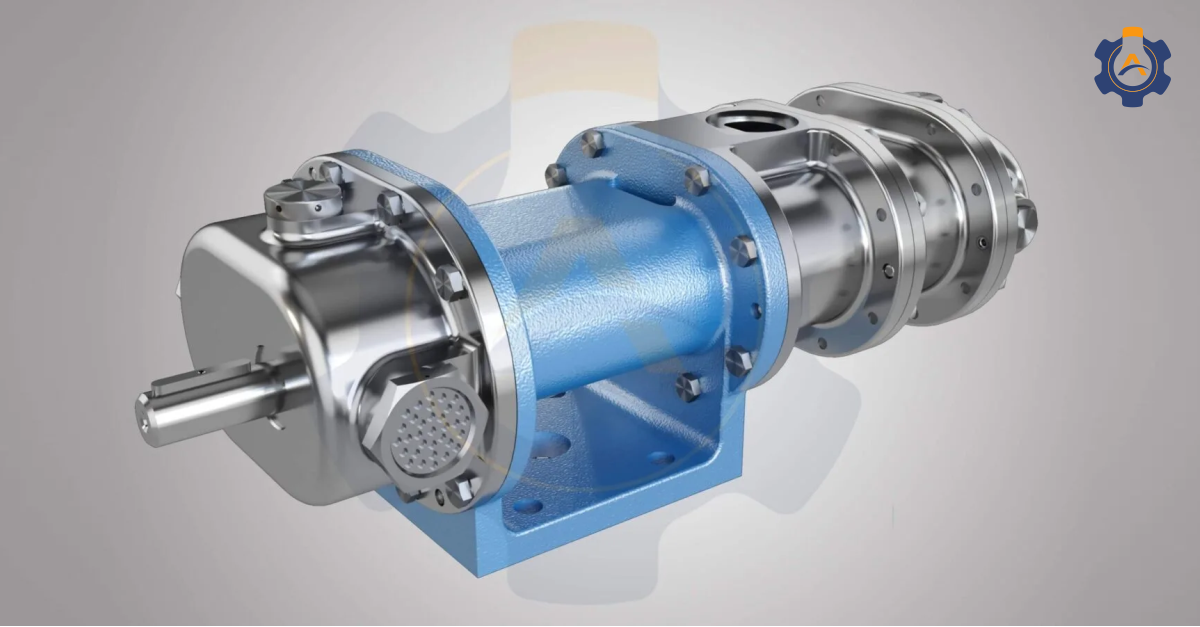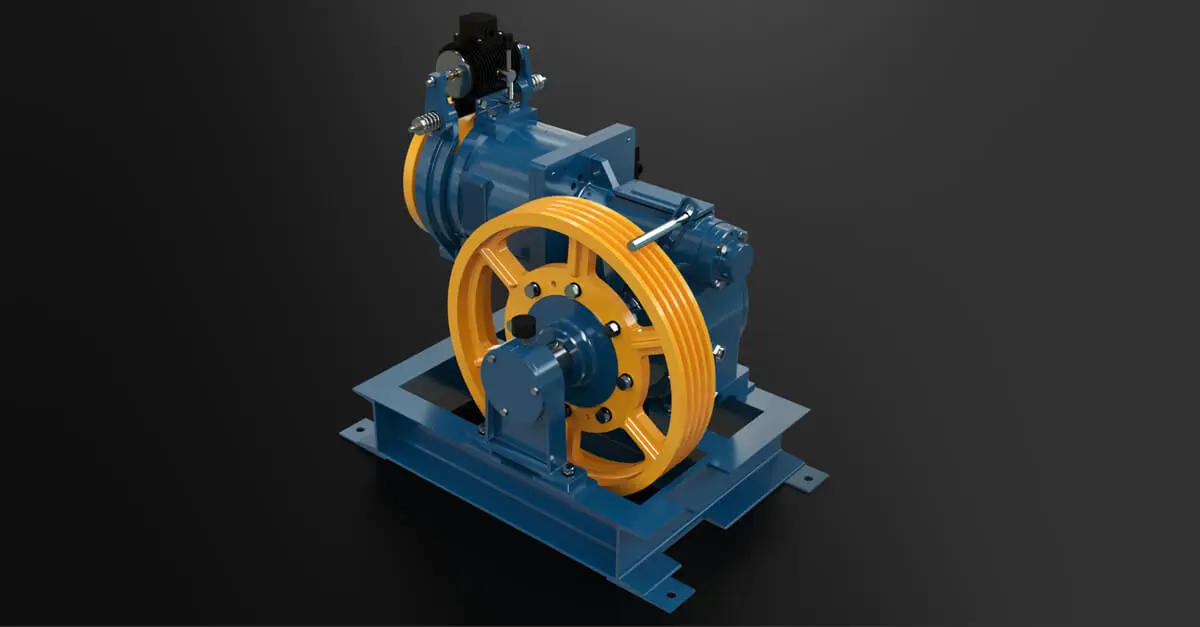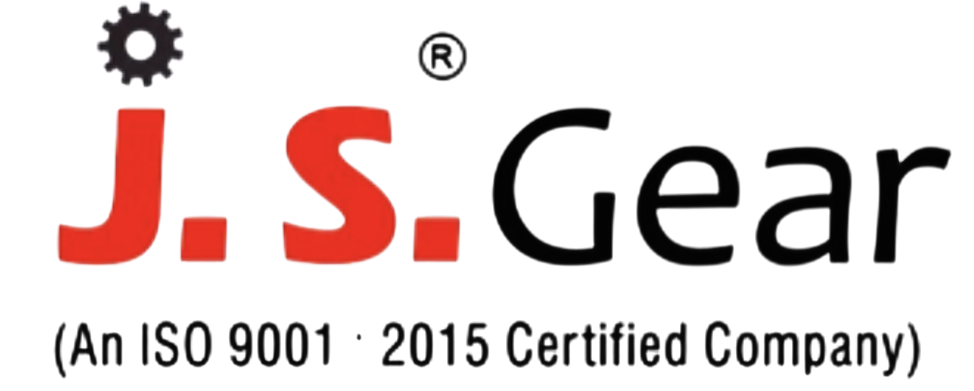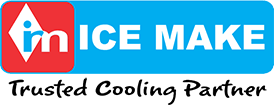Let us go back and think about those early times when computer graphics were a thing!
Fast-forward to today, and you see those sophisticated and hyper-realistic 3D renders creating a phenomenal place in the manufacturing industry—all thanks to 3D rendering.
But why is this technology so special and important, especially for the manufacturing industry? Because it creates lifelike, realistic images of industrial products that make you believe you are watching them live.
Also, it saves time and costs while offering solid collaboration and communication!
3D rendering has pushed the manufacturing industry into the future, where the only limit is imagination.
Let’s explore how 3D rendering is pushing the manufacturing industry into a new era of innovation!
What is 3D Rendering?
3D rendering is the process of creating images using 3D CAD models in specialized software.
Example – Anything from a car to a house to a product looks like
“Virtually Photographed” in two dimensions. – Rendering magic!
Role of 3D Rendering in the Manufacturing Industry
1) Spot and Fix Errors Early On
It is no less than a miracle that the virtual model of the product created using 3D rendering can identify all its errors, such as issues in functionality or assembly clashes, even before it is built.
According to a study by Aberdeen Group, companies that utilize 3D Rendering Services have significantly reduced rework costs.
2) Allow Early Start of Marketing Campaigns
Who will wait for the physical prototype when you get stunningly realistic 3D renders for creating all your marketing material – brochures, catalogs, or even interactive product demos too!
You have no idea that by doing this, you are building a curiosity in the market that ultimately gives you a fine head-start amongst your competitors well in advance.
3) Realistic Visualization
Blueprints are a thing of the past, and 3D rendering is a thing of today, tomorrow, and forever. Why? Because it brilliantly adds life to the product!
This phenomenon will clarify the textures, materials, effects of lighting, and whatnot with photorealistic preciseness.
With such visualization, stakeholders can develop a sense of buy-in and ensure everyone remains on the same page regarding the product’s aesthetics.
4) Better Communication
3D renders are known and understood by everyone because they have adopted a universal language.
All the members, engineers, designers, and manufacturing teams involved in the process will pass by smooth and quick communication while interacting best with the virtual model.
Due to this efficiency level, there will be no or very few misunderstandings that result in quicker decision-making.
5) Accurate Space Planning
Everyone knows this fact: The layouts of factories and assembly lines are pretty complex.
3D rendering allows the products and machinery to be within the fixed space, virtually ensuring everything fits perfectly before any physical installations occur.
6) Customisation and flexibility
Creating a product is a task, and adding different colors, materials, or configurations at various time intervals seems like a mission to accomplish, isn’t it?
But with 3D rendering, it becomes super easy to customize the product with multiple colors, materials, and shapes at any given point in time.
It is an on-demand design change that meets different customer needs without taking much time!
7) Cost-Effective Design Revisions
Making changes in traditional physical prototypes is costly and takes time! 3D rendering allows for quick and easy alterations in the design, which means significant cost savings on materials and labor.
10 Industries That Are Using 3D Rendering
Here are the 1o industries that are using 3D rendering;
1) Industry – Manufacturing
Usage: Creates prototypes of products.
Benefit: Test the design, detect errors, and improve products before production begins.
2) Industry – Engineering
Usage: Creates 3D renders of products and machines.
Benefit: Examine the functionality, filter out the issues in advance & optimize design for manufacturing.
3) Industry – Architecture
Usage: Creates realistic images of the building before it is built with a detailed interior and exterior view!
Benefit: Visualize design in the real environment & get quick feedback from clients.
4) Industry – Automotive
Usage: Brilliantly creates the concepts of cars and other vehicles.
Benefit: On-demand changes & approvals.
5) Industry – Marketing & Advertising
Usage: Creates product mockups and other marketing materials.
Benefit: Delivers excellent and attractive marketing materials that instantly get attention.
6) Industry – Construction
Usage: 3D rendering is used to scale, present, or explore the designs in the real environment.
Benefit: Solid visualization of the project before it comes to life.
7) Industry – E-commerce
Usage: Creates product visualizations for their online store.
Benefit: Customers can see products from all angles and in different configurations!
8) Industry – Aerospace
Usage: Creates realistic 3D renders of aircraft and spacecraft.
Benefit: It becomes easy to test the design’s aerodynamics & optimize the performance of a design.
9) Industry – Pharmaceutical
Usage: 3D rendering showcases the intricate machinery used to produce generic drugs, OTC medicines, bulk drugs, vaccines, and more!
Benefit: Compatibility testing, concise visualization & virtual troubleshooting of errors.
10) Industry – Healthcare
Usage: 3D rendering creates human anatomy, aids diagnosis, prepares for surgical procedures, educates patients, etc.
Benefit: Accurate visualization & planning.
What are the benefits of outsourcing third-party 3D rendering services?
The most progressive advantage here is that you do not have to maintain a person, equipment & software for high-quality rendering!
Experience world-class expertise
Outsourced professionals constantly upgrade themselves with all the industry’s latest trends.
Due to outsourcing companies’ expertise, a project that seems complicated to you is similar to what they would have worked on before!
Moreover, expertise and a fresh perspective can give better insight into flaws and strengths that an in-house employee might not provide.
Minimal lead time
When you work with an outsourcing professional, the timeline for the project is fixed right from the beginning, which gives the company the right work at the right time!
Also, the outsourcing company’s experience and expertise ensure minimal mistakes and rework, leading to faster delivery.
Scalability
Outsourcing 3D rendering services means you have full control over the number of artists required for your current projects.
This allows companies to save significant costs and how they allocate their resources.
Reduces cost
The biggest and most concerning reason to outsource 3D rendering services is that it will save a lot of money compared to hiring a full-time 3D rendering artist. Having full-time staff means having full-time expenses like salary, paid holidays, training, office costs, etc.
At the same time, the company has to bear the expense of software and its regular updates as and when required, which is, again, expensive. But, by outsourcing the rendering services, the company will pay for the work they need, and that’s it!
Conclusion – Outsource 3D rendering services
3D rendering is improving the manufacturing industry exceptionally well, increasing quality control, and facilitating customization with utmost customer satisfaction! But all this becomes easy with Arise Engineering Services, which offers advanced 3D rendering to deliver precise and innovative solutions that drive excellence in manufacturing. Contact us!
